Artificial Intelligence With Python – Role Of Python In AI!
Mar 11, 2025 3 Min Read 3597 Views
(Last Updated)
Looking forward to finding a pathway to Artificial Intelligence with Python? While having been around for over half a century, Artificial Intelligence is one of the most popular fields right now, with its applications continuing to grow at an exponential rate. AI is also a highly research-oriented field since it’s still evolving. Also, professionals with the right skillset clearly flourish in the industry.
While several programming languages are used to work on AI projects and applications, the most famous one among them is Python. The language enjoys the support of over 66% of developers, according to the 2020 Stack Overflow Developer Survey.
Now why Python? We’ll get to that in a while. Let’s first learn a little about why AI can be a great field to be in.
Table of contents
- Why is AI so important as a career choice?
- The abundance of AI jobs
- AI is here to stay
- Industries that use AI
- Artificial Intelligence with Python
- Why is Python best for Artificial Intelligence?
- Pre-built libraries
- Ease of coding in Artificial Intelligence with Python
- Platform independence
- Massive user community
- Conclusion
Why is AI so important as a career choice?
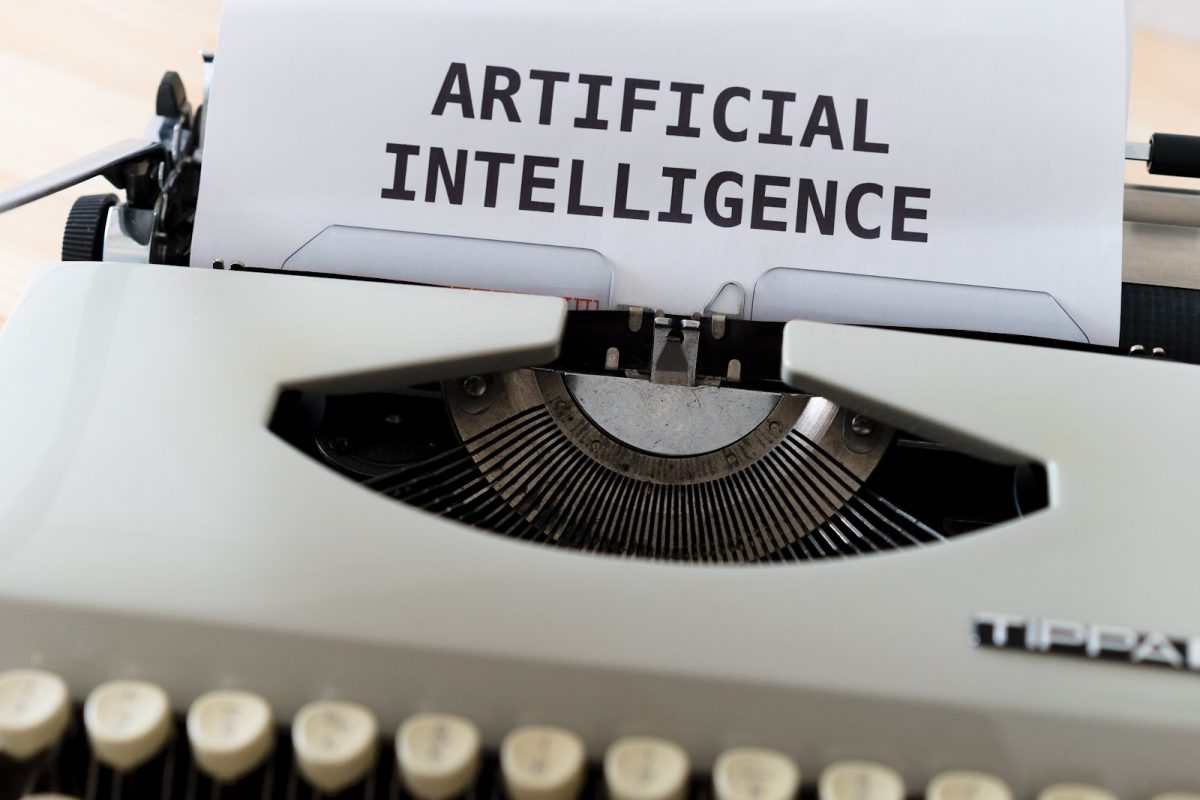
The abundance of AI jobs
Since AI is continually evolving and has a long way to go, it can be an ideal career choice for many. With the ever-increasing demand for AI across sectors, numerous job opportunities are now available, but not many have the right skill set. The field is therefore markedly underemployed, as the industry itself would tell you.
Before moving forward, make sure you understand the basics of Artificial Intelligence & Machine Learning, including algorithms, data analysis, and model training. If you want to learn more, join GUVI’s AI & Machine Learning Courses with job placement assistance. You’ll discover important tools like TensorFlow, PyTorch, scikit-learn, and others. Plus, you’ll work on real projects to gain practical experience and improve your skills in this fast-growing field.
AI is here to stay
With everything going digital, starting from PCs to home automation devices, AI certainly has a promising future for virtual assistants. There is immense scope in the field and this trend is unlikely to change as AI continues to develop and evolve. Heck, even if Self-aware AI was invented shortly, we’d need to keep working on perfecting it.
Industries that use AI
The sheer number of industries that use AI for various purposes, can be surprising. Since AI is a multi-purpose and vast field, it has a role to play in almost every single industry. Here are some of the notable industries that use AI:
- Healthcare
- Cybersecurity
- Manufacturing
- Business intelligence
- Construction
- Supply chain management
- Transportation
- Retail etc.
Surprised already? This is far from a complete list.
Artificial Intelligence with Python
Python is one of the most widely used programming languages in the world. It’s extremely easy and fast to learn as well. Python is a great start for beginners in programming and is already replacing C++ and C in schools. Even if you aren’t firmly in the computer science field, learning Python can come in extremely handy wherever you go. Here’s a Python Course that can help you master the language.
Why does the language get so much love?
Because of these attributes:
- Free and open-source
- Object-oriented language
- Dynamic, high-level language
- GUI programming support
- Has Large standard library
Why is Python best for Artificial Intelligence?
Pre-built libraries
This is one of the most important reasons behind Python being the best language for AI, particularly in the machine learning field. Artificial intelligence relies on numerous algorithms. These are more or less already pre-coded. As most developers would concur, coding the algorithms on every instance can be an energy-draining task. Python features a large database of libraries that you can readily use in your AI and ML projects. Almost no other programming language comes close to Python in this aspect. Here are some highly popular libraries:
- Tensorflow – This library is used to write various Machine Learning (a subset of AI) algorithms that involve the use of Artificial Neural Networks.
- NumPy – This particular library is used to compute complex mathematical calculations.
- Theano – Theano is used to compute calculations that involve multi-dimensional arrays in particular.
- Keras – Some of the functionalities of this library include analyzing data sets, visualizing graphs, etc.
Ease of coding in Artificial Intelligence with Python
Python interpreters track most errors that coders often make instantaneously. This helps save time later when correcting much more important semantic and logical errors for example. Python is also known for its extremely easy syntax when we compare it to other languages. Even people who haven’t coded before can get the hang of it pretty quickly.
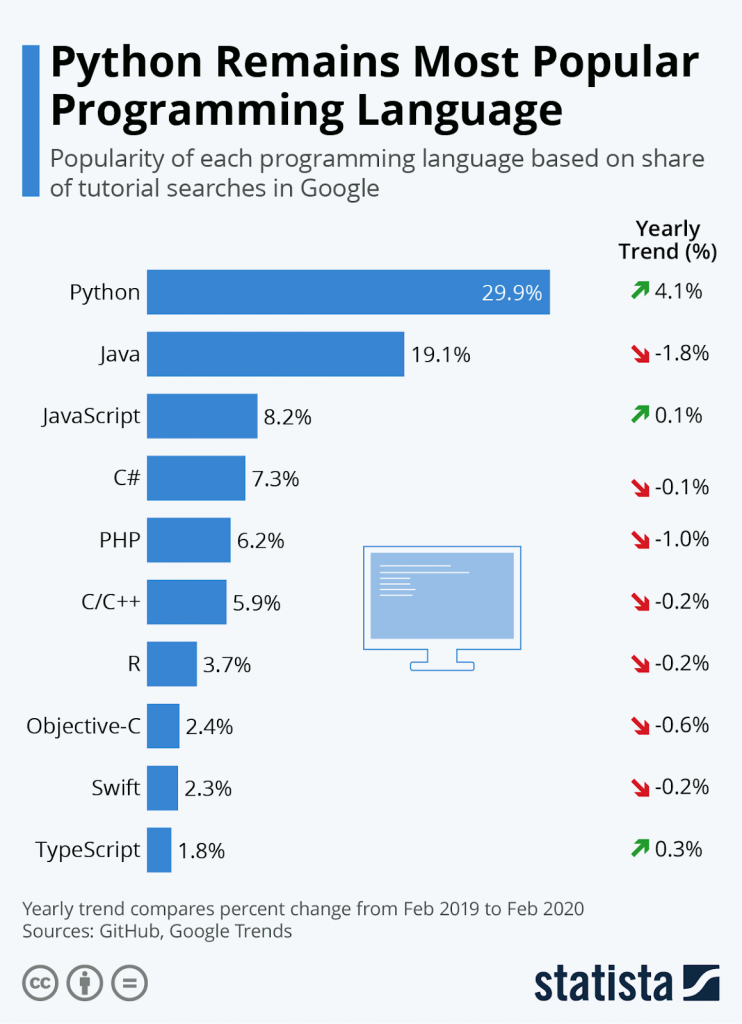
Image source: Statista, Github, Google Trends
Platform independence
Python applications are practically platform-agnostic, available for nearly all operating systems in the market – be it Windows, or macOS, or Linux. When you’re transferring code from one platform to another, packages like PyInstaller take care of any dependency issues.
Massive user community
Since Python is extremely popular, it has a sizable user community, making it easier for coders to communicate and share ideas, tutorials, and general discussions that make room for growth.
Before moving forward, make sure you understand the basics of Artificial Intelligence & Machine Learning, including algorithms, data analysis, and model training. If you want to learn more, join GUVI’s AI & Machine Learning Courses with job placement assistance. You’ll discover important tools like TensorFlow, PyTorch, scikit-learn, and others. Plus, you’ll work on real projects to gain practical experience and improve your skills in this fast-growing field.
Conclusion
The field of AI has a huge scope of employability and is likely to remain this way for the foreseeable future. It’s simply because demand far exceeds the supply of talent right now. You can grab this opportunity to land yourself a fulfilling, impactful AI job with adequate skills to ensure you remain competitive. So what are you waiting for?
Get started on Artificial Intelligence with Python courses, with GUVI.













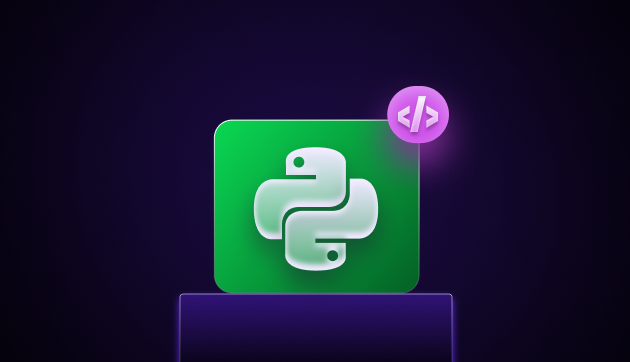
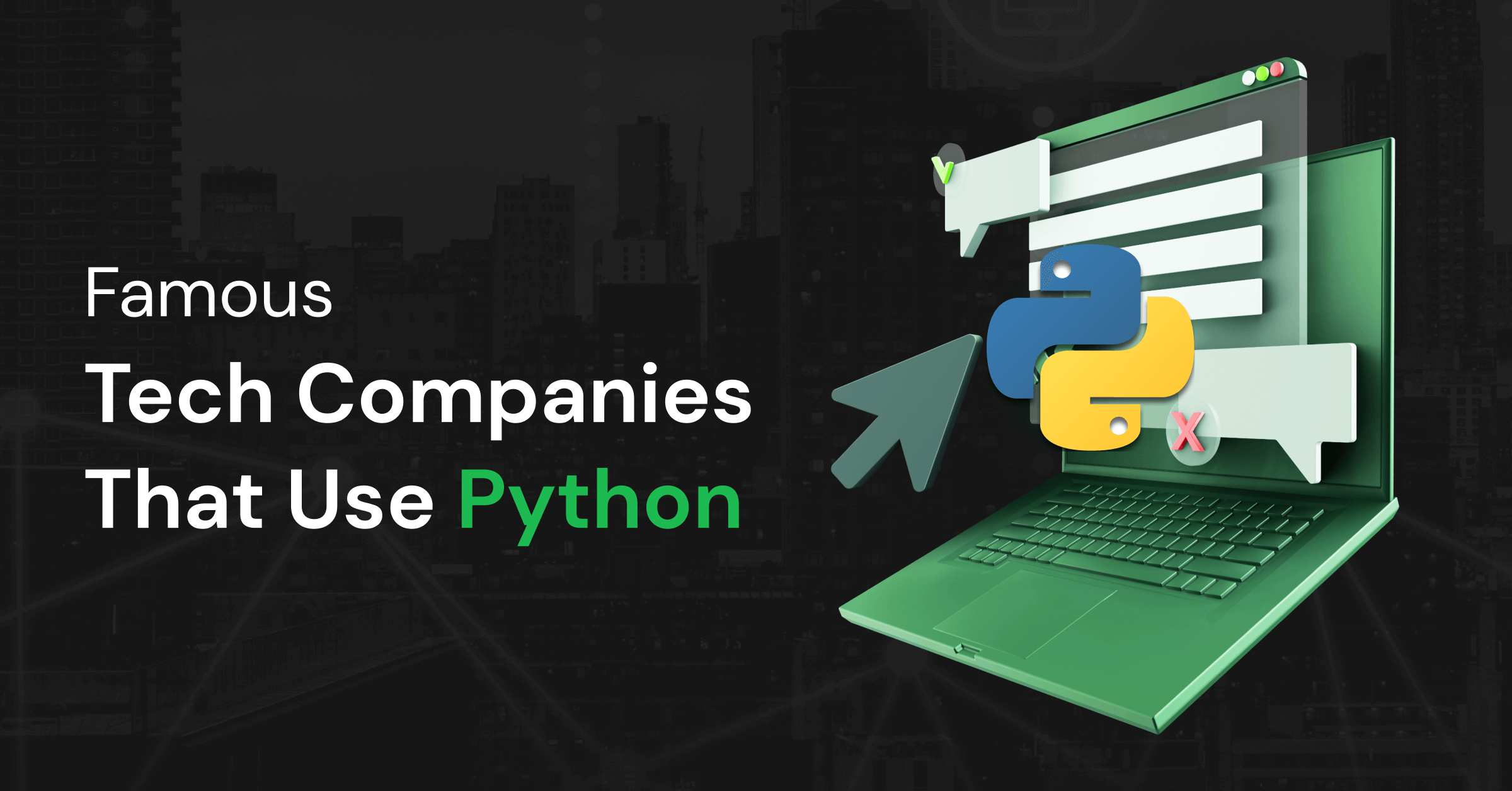
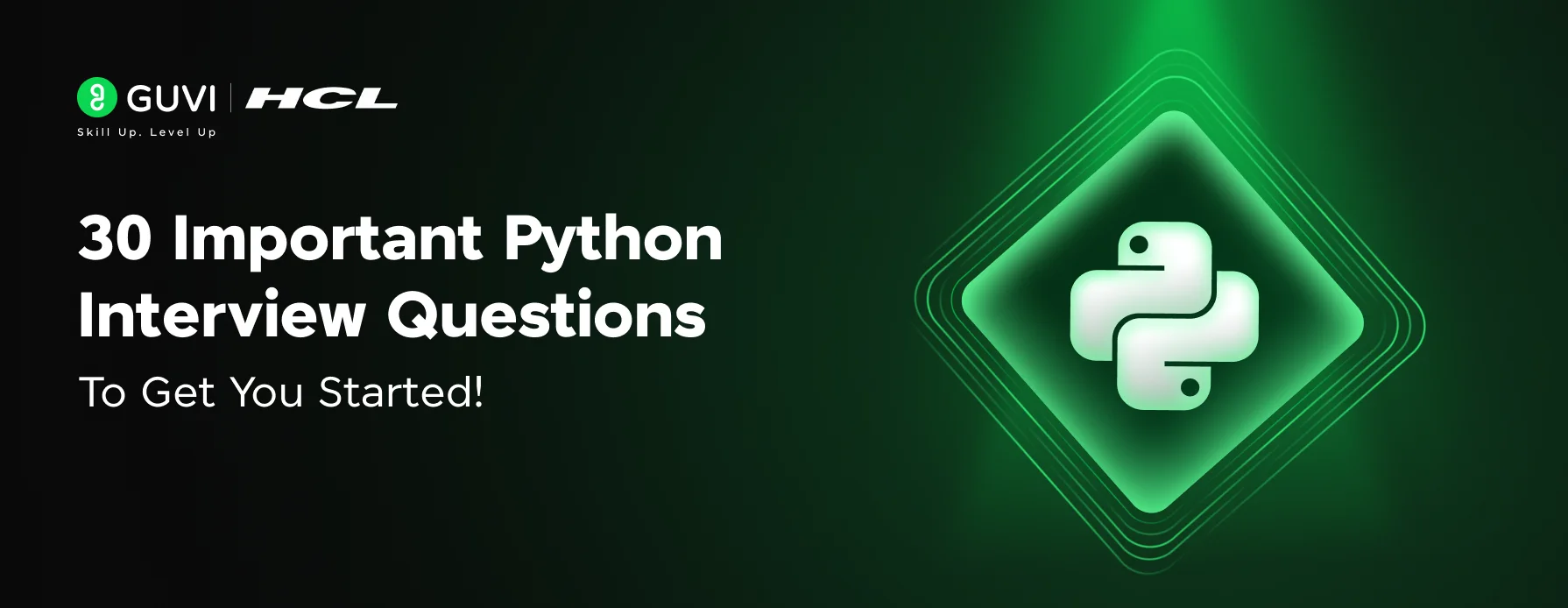


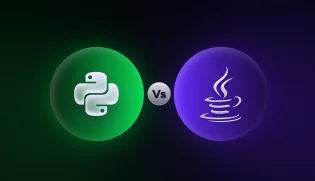

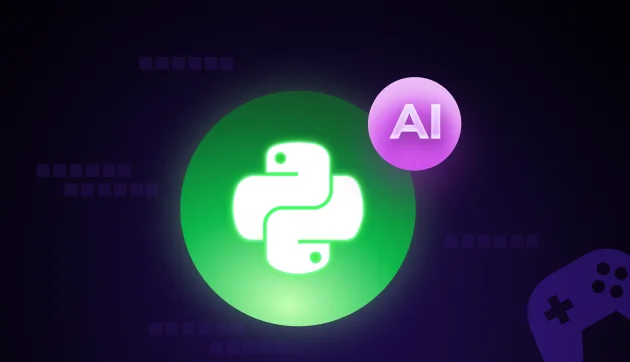

Did you enjoy this article?